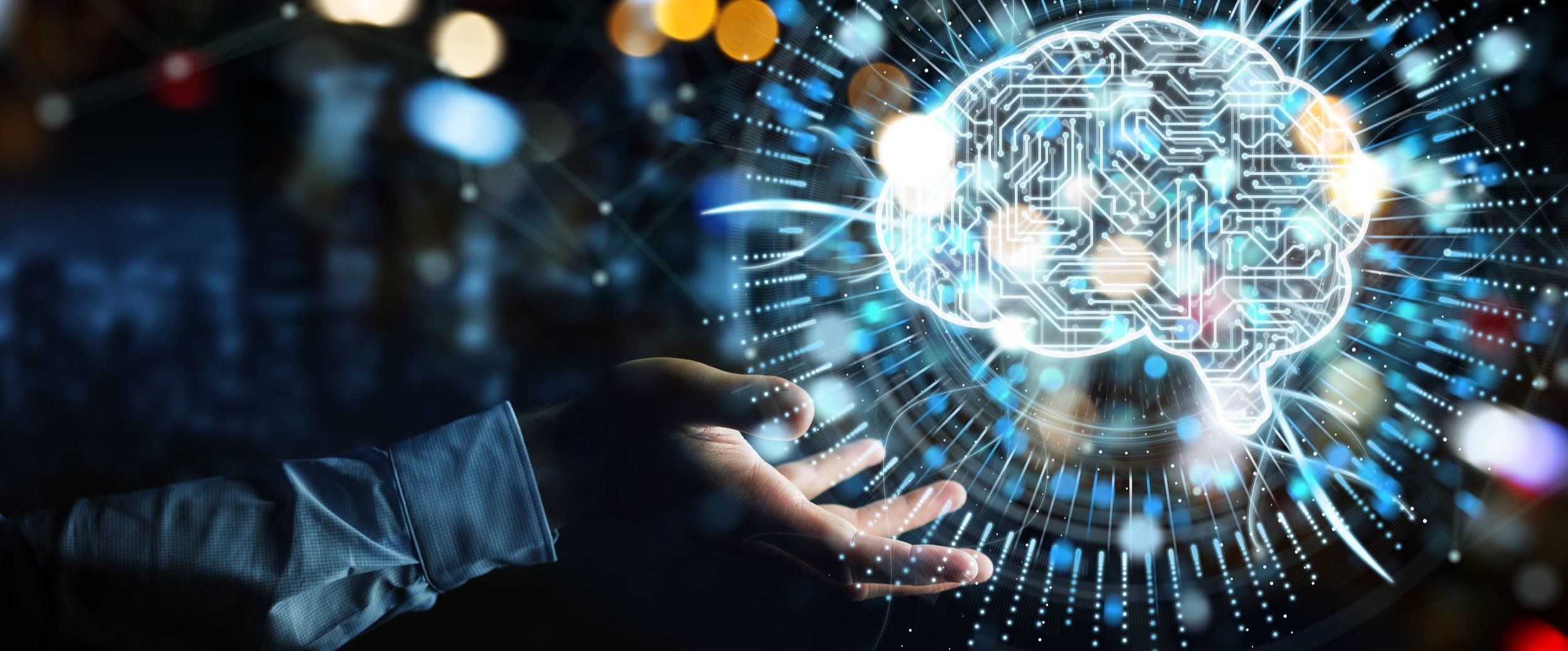RPA vs AI: What are the differences and which is more suitable for my company?
Robotic Process Automation (RPA) and Artificial Intelligence (AI) are two technologies that have revolutionized the way companies automate their processes and tasks. While both technologies are used to automate business processes, their approaches and capabilities are different. In this article, we will focus on the differences between RPA and AI and how to choose the right technology for each type of business. If you are considering process automation in your enterprise, this article will help you make an informed decision about which technology is right for your needs.
First of all, as we discussed earlier, it is important to note that both technologies are designed to automate processes and tasks that were previously performed by humans. However, the way they do this and their level of complexity are different.
Robotic Process Automation (RPA) focuses on automating repetitive, rule-based tasks that do not require a high level of intelligence. For example, RPA can be used to automate data entry processes, information recording, report generation, order creation and tracking, stock control, among others. RPA technology is based on a series of predefined algorithms that are executed following a set of rules, without the need for human intervention. It is also important to note that RPA virtual robots do not learn as they run, but will always perform the same tasks for which they were configured.
Artificial Intelligence (AI) is designed to mimic human intelligence and perform tasks that require a high level of understanding and analysis. AI can be used to process large amounts of data, detect patterns, make predictions and make decisions based on available information. AI is based on a series of advanced machine learning algorithms that can adapt and improve as more information is provided to them, so these automations can constantly learn and improve.
So which one is best suited for each company? The answer depends on the type of processes that need to be automated and the level of complexity required.
For companies looking to automate simple and repetitive tasks, such as data entry or report generation, RPA is the best option. RPA technology is easy to implement, with lower investment and can provide significant time and cost savings in a very short time.
On the other hand, for companies looking to automate more complex processes, such as fraud detection or complex data-driven decision making, AI is the best option. AI can process large amounts of data and provide useful information for decision making, being able to make predictions with analysis of large amounts of data. It is also important to note that these AI models usually have to be trained over a period of time, so both the cost and the time to receive the expected results is usually higher than RPA.
In addition, it is important to note that the two technologies are not opposites; on the contrary, they can coexist. Currently there is the term intelligent automation which consists of automating tasks with RPA, but combining other technologies such as AI and chatbots, making these technologies work together. This can be applied to repetitive processes where complex data analysis is needed, such as the interpretation of handwritten data.
In summary, RPA and AI are two different technologies designed to automate business processes. RPA focuses on repetitive, rule-based tasks, while AI focuses on more complex tasks that require a high level of understanding and analysis. The choice between one technology or the other will depend on the type of process that needs to be automated and the level of complexity required.
Related news




